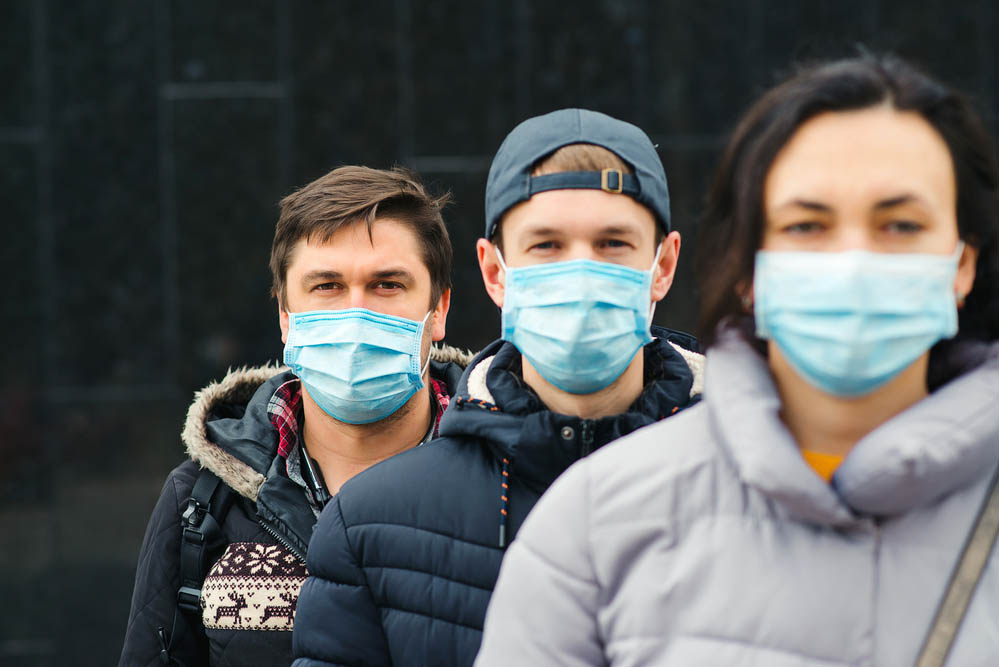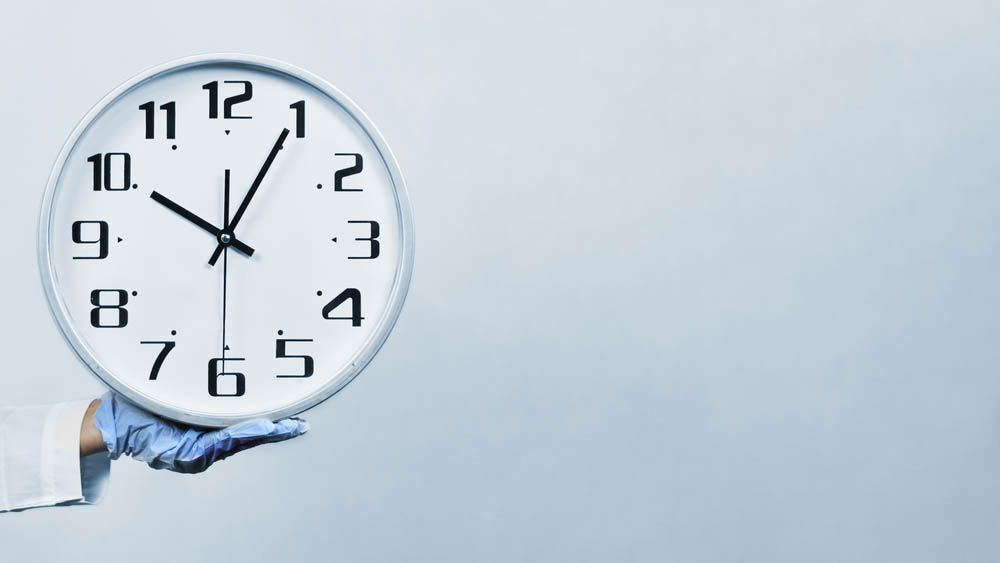In the battle against COVID-19, timely and accurate testing plays a crucial role in identifying and containing the spread of the virus. As individuals seek COVID-19 tests, it’s essential to understand how long it typically takes to receive test results.
In this comprehensive guide, we will discuss the various COVID-19 testing methods, discuss the expected timeframes for receiving results, and provide valuable insights on what to do while waiting. Let’s explore the world of COVID-19 testing and the timeline of test result availability.
How long do COVID-19 test results take?
When it comes to COVID-19 testing, different methods yield varying turnaround times for results.
Here are three primary types of COVID-19 tests and their associated result timelines:
Molecular tests
Molecular tests, such as the widely used polymerase chain reaction (PCR) test, are highly accurate in detecting the presence of the virus. Typically conducted via a nasal or throat swab, these tests are processed in specialized laboratories, which may require several hours to a few days to produce results. Factors that influence turnaround time include testing capacity and lab workload.
Rapid antigen tests
Rapid antigen tests provide quicker results, often within minutes, by detecting specific proteins of the virus. .
Since these tests offer speed, they’re often administered in high-risk settings, allowing for immediate identification of infected individuals. However, one downside is there’s a slightly higher chance of false negatives in rapid antigen tests compared to molecular tests.
When you’re planning a trip, COVID rapid test results are necessary for acquiring immediate test results for your travel certificate. Moreover, you still have to follow isolation protocols once you test positive using rapid antigen test kits.
Antibody tests
The antibody test is a type of serology test that determines whether an individual has previously been infected with the virus by detecting antibodies in the blood. These tests are performed in laboratories and may take a day or two to generate results. However, there are antibody rapid testing kits that enable you to get the results within an hour.
What to do while you’re waiting for test results
While rapid antigen testing only takes minutes to get the results, nucleic acid amplification tests usually require a few days. While awaiting your COVID-19 test results, it’s crucial to take the necessary precautions to protect yourself and those around you.
Isolate
If you develop symptoms or have been exposed to a confirmed case, self-isolate until you receive your results. Whether you test positive or test negative, isolation is a must to help stop the spread of the virus, especially if you have been in close contact with a known COVID-19 patient.
Follow public health measures
Continue to adhere to recommended guidelines, including:
- Wearing masks
- Practicing good hand hygiene
- Maintaining physical distance
- Avoiding large gatherings

Inform close contacts
Notify individuals you have been in close contact with so they can take appropriate measures. These include close contacts without symptoms, with mild symptoms or with severe symptoms.
Monitor symptoms
Keep track of any potential symptoms that may develop and seek medical advice if needed. People with weak immune systems have a higher risk of developing severe illness, so be sure to contact your immediate healthcare provider when needed.
Who needs to get tested?
COVID-19 testing, whether it’s in the form of rapid tests, serology tests, or a PCR test, is necessary to prevent the virus from spreading. COVID-19 testing is recommended for individuals who:
- Have symptoms consistent with COVID-19, such as fever, cough, or loss of taste or smell
- Have been in close contact with someone confirmed to have a positive rapid test result for COVID-19
- Are part of vulnerable populations or work in high-risk settings
- Are required to get tested for travel or specific purposes, as mandated by local authorities
If you’re unsure whether you should get tested, consult with your healthcare provider or follow the guidelines provided by public health agencies. In the same way, if your symptoms persist even after a negative rapid antigen test, please consider serial testing or PCR testing.
Choosing a COVID-19 Test
Selecting the most appropriate COVID-19 test depends on several factors, including the purpose of testing, availability and local regulations. Here are some things that you should consider.
Diagnostic accuracy
Accuracy in a diagnostic test means the ability of the test to determine the target condition. Molecular tests, such as PCR, are highly accurate and recommended for diagnostic purposes. Rapid antigen tests offer quick results but may be more suitable for screening in high-risk settings.
When choosing a COVID-19 test, especially with rapid antigen test kits, be sure to find brands that are Health Canada-approved and have high accuracy and reliability results.
Test availability
Assess the accessibility and availability of different tests in your area. Consult with healthcare providers or visit official websites for information on testing locations. You can opt for self-tests and at-home rapid antigen tests for convenience.
Healthcare provider guidance
Follow the advice of healthcare professionals who can recommend the most suitable test based on your specific circumstances.
Where to get tested
COVID-19 testing locations can vary based on your location. Consider the following options:
- Local health clinics: Community health clinics and primary care facilities often provide COVID-19 testing services.
- Testing centers: Many dedicated COVID-19 testing centers have been established in various communities, offering convenient and accessible testing options.
- Pharmacies: Some pharmacies offer COVID-19 testing services, including both molecular and rapid antigen tests.
- Public health departments: Local public health departments may provide information on testing sites and guidelines specific to your area.
- At home: There are a bunch of at-home test kits available online. Each test kit contains the necessary test components and offers the utmost convenience.
Regardless of where you get your test done, you should still follow isolation protocols if you test positive. A positive test result detects infection, which means you can infect other people, especially the ones with a weak immune system.
Key takeaway
Timely and accurate COVID-19 testing is crucial in controlling the virus’s spread. Understanding the varying turnaround times for different testing methods, such as molecular, rapid antigen, and antibody tests, is essential so you can make an informed decision.
While waiting for results, you must follow recommended precautions to protect yourself and the people around you.
For Health Canada-approved COVID tests, check out Rapid Test & Trace today.




















































